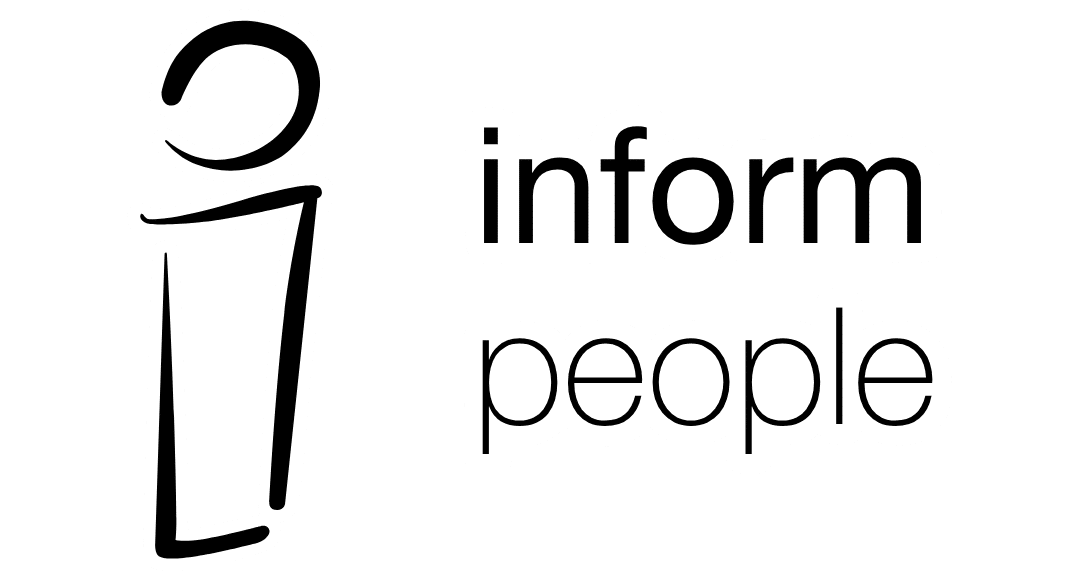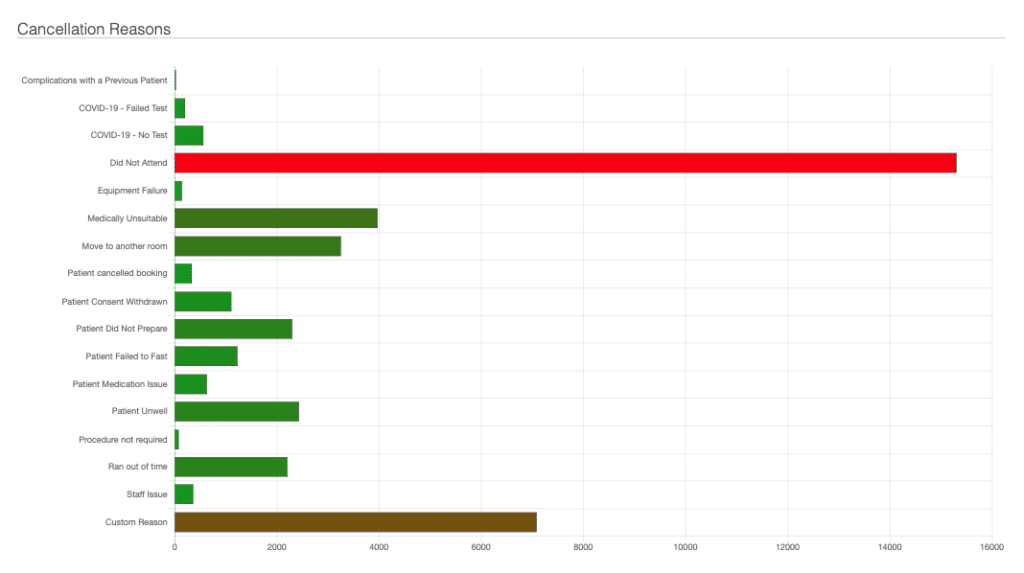At Inform People we are regularly making updates to our products, whether they are full new products, additional features, or just options within our existing catalogue. Recently our development team have added a few new choices within the THRIVE platform for Endoscopy in the NHS which should add clarity to data collected moving forward.
Procedure Additions:
With the newest update to THRIVE we have added a number of new procedures, with a major focus on expanding our catalogue to better represent Bronchoscopy and Cystoscopy. These procedures often take place on Endoscopy units but come with their own specific data and actions. Adding these procedures into the standard lists will allow us to record information on Bronchoscopy and Cystoscopy in much greater detail, with the goal being to aid in optimisation of performance to help clear the backlog of procedures within Endoscopy as a whole.
Late Reason Addition: – ‘Previous List Overran’
Primary usage for this reason is for afternoon lists when a morning list overran past the expected end time but it will also be applicable to any evening lists where an afternoon list overran too (though these are scheduled less frequently).
After speaking with a number of trusts regarding late starts – particularly in the afternoon – we have added this new late reason. These trusts believe they may have an issue with lists in the morning running for too long and causing a ‘knock on effect’ into the afternoon. This could result in an entire afternoon of work becoming automatically and unavoidably behind schedule. With this in mind, they have also shared their worry these late start afternoon lists will either lead to a late finish for the list or potentially rushed procedures during. This in turn increases the likelihood of missing something important during procedures and could also result in the procedure needing rescoping at a future date.
With the ability to mark-up lists with this new late start reason, we will now be able to report on any trends that may confirm these expectations or be able to clarify on other insights such as which procedures are most commonly going over their expected timeframe.
Cancellation Reason Added: – ‘Procedure Not Required’
Informed by our close work with trusts already using THRIVE, we have found that sometimes a procedure is scheduled into a list when, for a number of potential reasons, the procedure is unnecessary. Previously, without the option to select ‘Procedure not required’ trusts were deleting these procedures from the lists. However, due to the mix of potential reasons that a procedure would need removing from the list, we believe this should not be the only solution for removing these no-longer-needed procedures. By merely deleting the instances it could result in an unfair reflection of the reality of a theatre’s capacity and planning. Fully deleting a procedure could imply that lists are being underutilised in the planning stage, when in reality they are not – just that the previously planned procedures are no longer required.
Cancellation Reason Added: – ‘Patient Cancelled Booking’
Following work with a number of booking teams we have added a new cancellation that will directly pair up with the current cancellation reason ‘Did Not Attend’. Currently in all alliances on THRIVE the largest cancellation reason is by far ‘Did Not Attend’. By introducing this new reason we want to be able to differentiate between the number of these procedures cancelled with advanced notice but too little time to rebook the slot, and the number of procedures where a patient failed to show up, without warning.
It’s believed that by effectively differentiating between these two types of non attendance teams will be able to better plan lists in advance with the expectation of how many procedures are likely to be cancelled before the list even starts and how many procedures can expect to be cancelled on the day.
Updating the tools used to make every day easier
With these new updates launched on THRIVE, we continue our dedication to providing rich data for trusts around the UK – to analyse and make recommendations that lead to improvements in efficiency over time based on facts rather than conjecture.




